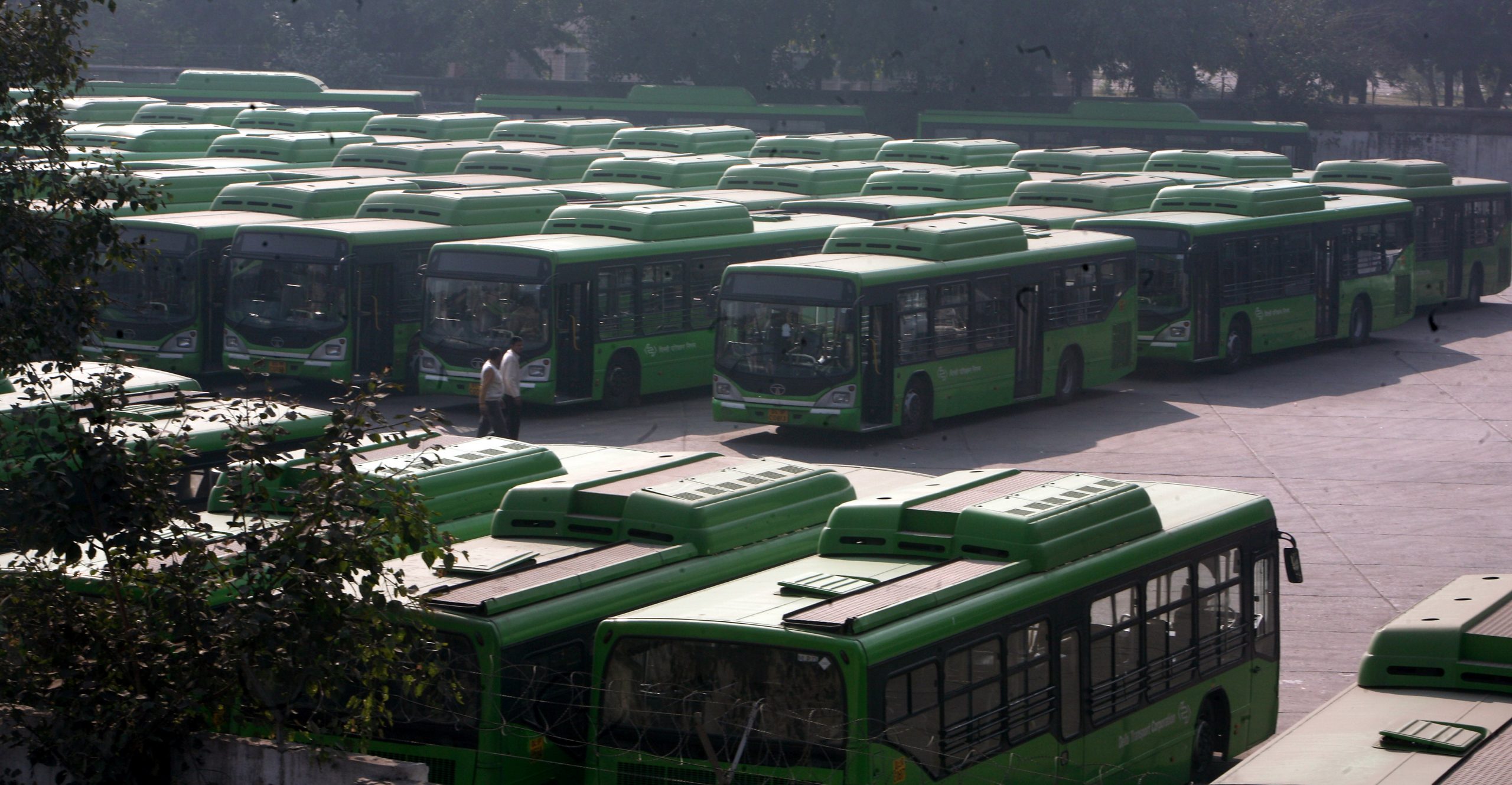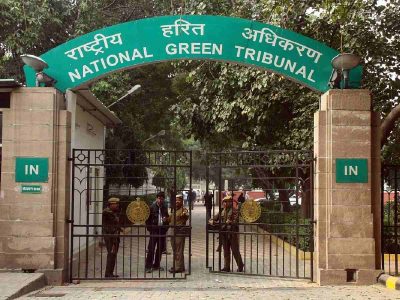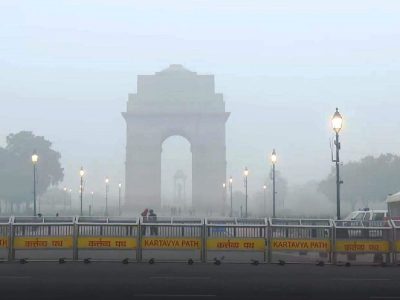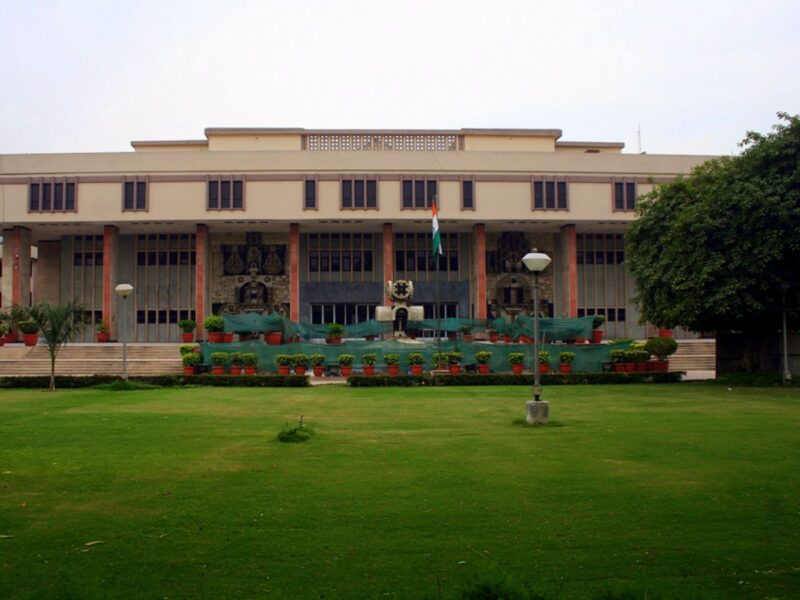The Delhi Transport Corporation’s (DTC) bus No. 851, which stopped plying a couple of months ago after running for almost four decades, has become so deeply embedded in 65-year-old Vijay Kohli’s life that he still unconsciously waits for it at the Tagore Garden bus stand as and when he has to visit his bank in Connaught Place.
For years Kohli would shuttle between his home and office at HT house, KG Marg, on it and became so familiar with fellow travellers that they became like his extended family.
“Once 851 moved beyond Pusa Road, most of us start conversing in Punjabi or Hindustani mixed with Punjabi. We knew who would board the bus from which stand. We passengers of 851 became almost like a family. We knew each other and their families. Our journey was full of fun, laughter and jokes too.”
Like Kohli, hundreds of daily passengers of 851 developed emotional bonding with it. They had travelled on it for decades together, made friends there and even celebrated some festivals while it was moving.
The old and faithful passengers even attended the wedding and other functions of drivers and conductors, who too were invited when there was a function in the family of any passenger. Harish Yadav, a journalist and Patel Nagar resident, says that they presented a couple of gifts to one driver of 851 when he was driving on the last day of his service.
“I still remember his name. He was Mange Ram from Basai Darapur village near Moti Nagar.”
Saturday was also often considered as a day of fun on the bus. The passengers, including women, even sang all-time Bollywood favourites like ‘Gore Rang Pe Na Itnna Gumaan kar…’ ‘Le Jayenge Dilwale Dulhaniya Le Jayange…’ and ‘Chala Jata Hoon…’.
As the 851 moved around in the Punjabi-dominated localities during most part of its journey, the flavour inside remained largely Punjabi. Lohri too was celebrated in the moving bus with some singing Lohri songs and others joining in.
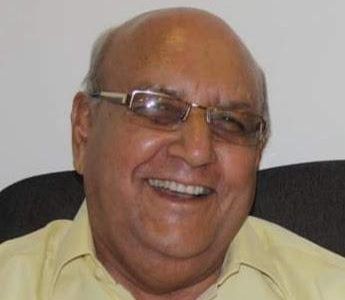
For Pratap Sehgal and Shashi Sehgal, eminent teacher duo of Delhi University, 851 evokes many memories of a bygone era starting from 1970s. Those were the days when they would take 851 from Mandi House stand after watching plays at the National School of Drama (NSD).
Recalls Sehgal, who has written several important plays like Arya Bhatt and Anveshak, “Both my wife Shashi ji and I, would reach NSD to watch plays after our classes in Zakir Hussain College and Mata Sundari College. After watching the plays, we used to board 851. Theatre activists JN Kaushal, Ved Dhingra of Prayog Theatre group and others would also board 851 on our return journey. We used to discuss the performances of actors while coming back. Those were fun days.”
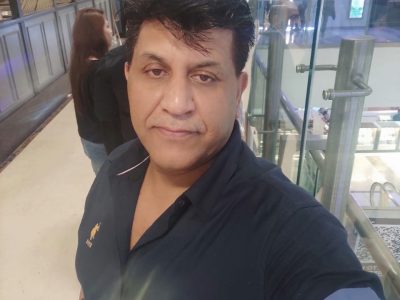
Sehgals purchased a car in the 1980s but as and when they see 851 moving on the road, they feel like taking a ride on it.
Despite the increase in number of cars on Delhi’s roads and introduction of Delhi Metro, the No. 851 kept running smoothly, without any roadblock.
At a time when DTC had a horrible service and passengers often had to wait for as long as an hour for a bus, the 851 offered service every 15 minutes from Janakpuri/Uttam Nagar to Ambedkar Stadium, making it among the most important buses as thousands of commuters from Punjabi heartland of Delhi, or west Delhi areas, used it to visit their offices in Karol Bagh, and parts of New Delhi like Connaught Place and ITO.
During its journey, the bus would halt at Tilak Nagar, Subhash Nagar, Tagore Garden, Raja Garden, Patel Nagar, Panchkuian Road, Plaza, Barakhamba Road among other places.
Sometimes the 851 would even commence its journey from Tilak Nagar and Subhash Nagar during office hours.
Generally, it would reach the destination within 90 minutes of starting from Janakpuri despite the fact that almost the entire route was congested.
But as all good things come to an end, this did too.
“DTC gradually stopped the 851 service. First, they reduced the number of buses plying on the 851 route and later they completely stopped it ignoring the fact that it was catering to so many dedicated passengers. It had a very reliable service. Something you could bank upon,” says an annoyed Harish Yadav.
Kohli gets nostalgic about it even today.
“Now when I wait for bus No. 85 to reach Moti Nagar, I always see the 851 number still shining at the Kasturba Gandhi Marg bus stand. That evokes my memories of golden days.”
Like Kohli, most people have no option but to take 85 from Connaught Place to reach west Delhi. It moves between Anand Vihar and Moti Nagar/ Karampura. Those who live in Ramesh Nagar, Raja Garden, Rajouri Garden and beyond, have to take another bus to reach their destination.
The move to stop the route No. 851 came after DTC stopped 810 (Tilak Nagar to Kendriya Terminal), 859 (Shivaji Stadium to Rajouri Garden and 871 (Shivaji Stadium to Hari Nagar) over the last two-three years.
All these buses catered to thousands of people in various west Delhi areas.
A DTC official at Scindia House says, “We have stopped a couple of non-profit routes. They were adding to the huge financial burden. Hence, we had to stop them.”
It is true that DTC stopped a few routes where Delhi Metro rail became operational, but nobody would buy the argument that they stopped those routes since they were bleeding DTC. The 851 was certainly one such route.
Meanwhile, if 851 was connecting New Delhi with west Delhi, bus numbers 215 and 216 were the lifeline of Jamnapaarwalas (Trans Yamuna residents) in their bid to reach New Delhi.
While both 215 and 216 used to ply between Shahdara and Birla Mandir, the routes were different. While bus No. 216 started at Birla Mandir, it went through Peshwa Road, Bhagat Singh Market, Plaza, Minto Road, Ajmeri Gate, Daryaganj, Old Yamuna Bridge on its way to Shahdara.
The No. 215 covered Vikas Marg, ITO, Mandi House and Barakhamba Road.
East Delhi-based businessman Roopam Sehgal travelled number of times on both 215 and 216 with his mother to reach Birla Mandir.
“Those were fun days. During our return journey from Birla Mandir, my mother used to give prasad to both the driver and passenger.”
Almost all the old east Delhi residents have some stories to tell about the 215 and 216. They had service every 20 minutes, which was considered very good in the period between 1970s and 1990s.
Further, the buses plying on both the routes were rather good in shape.
Radhey Shyam Gupta, president of Vikas Marg Traders Association, also travelled on the 215 to reach his shop at Shanker Market in 1980s.
“You know, those were the days when living in East Delhi was looked down upon in Delhi. Things were bad in East Delhi in terms of civic amenities, which have gradually improved. In this grim backdrop, 215 was the only consolation for us. I even boarded from Shakarpur when I was studying in a school at Rouse Avenue,” recalls Gupta.
Interestingly, many love affairs also blossomed on DTC buses.
Ajay Solomon, a transporter, says with a smile, “I met my wife on route No. 215. As both of us boarded it from Laxmi Nagar daily, we became friends and later decided to marry. As I always offered seat to her, it proved to be a clincher.”

Meanwhile, no DTC official is ready to speak on why important routes like 215 and 216 that were serving the cause of school-going kids and office-goers were removed. Hundreds of students studying in various schools in Rouse Avenue, Tilak Marg, Mandir Marg and Connaught Place areas used to travel on these buses.
Agreed that Delhi Metro rail is doing yeoman service in Delhi, the role of DTC cannot be ignored.
DTC fares are cheaper compared to Metro. Naturally, it is still a preferred mode of transport.
One expects the DTC to shut down a bus route only after extensive deliberations, given that some of these routes are lifelines for many commuters.

